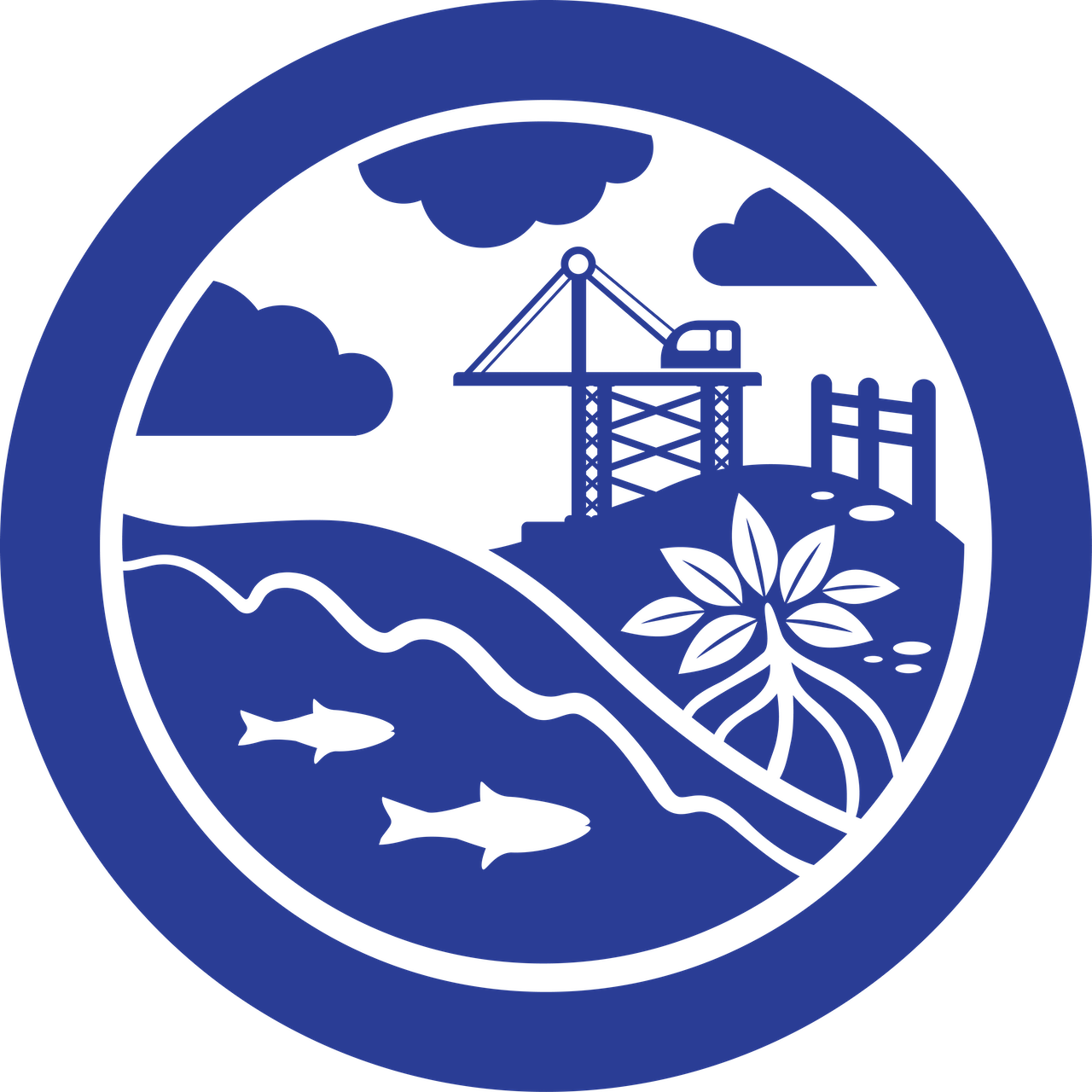Difference between revisions of "Integrated Coastal Zone Management"
| Line 1: | Line 1: | ||
| − | {{English-Bahasa-box|english_link= | + | {{English-Bahasa-box|english_link= ICZM in Indonesia| indonesian_link= ICZM di Indonesia}} |
'''ICZM calls for organizing and development of institutional capacities and a stakeholder network. It is a management challenge (how to make it work?). It calls for establishing the right decision-making platforms and for example working groups and a stakeholder network with good relationships. All these elements are explained further on this wiki-portal.''' | '''ICZM calls for organizing and development of institutional capacities and a stakeholder network. It is a management challenge (how to make it work?). It calls for establishing the right decision-making platforms and for example working groups and a stakeholder network with good relationships. All these elements are explained further on this wiki-portal.''' | ||
Latest revision as of 21:46, 10 March 2020
| |
ICZM calls for organizing and development of institutional capacities and a stakeholder network. It is a management challenge (how to make it work?). It calls for establishing the right decision-making platforms and for example working groups and a stakeholder network with good relationships. All these elements are explained further on this wiki-portal.
Contents
Content

|

|

|

|
|||||
|---|---|---|---|---|---|---|---|---|
| ICZM in Central Java | How to apply ICZM in Central Java | Experience from ICZM Pilots | Workshop Library | |||||
Videos
Definition of ICZM
Integrated Coastal Zone Management (ICZM) is a complex term. ICZM, as an integrated approach of the coastal zone, needs to be related to its broader context. This features context and means looking at developments in political & administrative, economic, societal, technological, environmental and legal fields. It requires knowledge of the physical systems (for example upstream-downstream relations) and availability of data.
How to Apply iczm (general)
Benefits of ICZM
ICZM programmes can:
1) minimize costly delays in project implementation;
2) minimize damage to the marine environment and its resources;
3) minimize losses to the various users (from resource depletion, access limitations, etc.); and
4) make the most efficient use of infrastructure, information, and technology available to marine development sectors.
As examples, ICZM can benefit a country or region through any or all of the following:
- Facilitating sustainable economic growth based on natural resources
- Conserving natural habitats and species
- Controlling pollution and the alteration of shorelands and beachfronts
- Controlling watershed activities that adversely effect coastal zones
- Controlling excavation, mining and other alteration of coral reefs, water basins, and sea floors
- Rehabilitating degraded resources
- Providing a mechanism and tools for rational resource allocation
All these require coordinated actions for their accomplishment, a need that ICZM can fulfill.1
